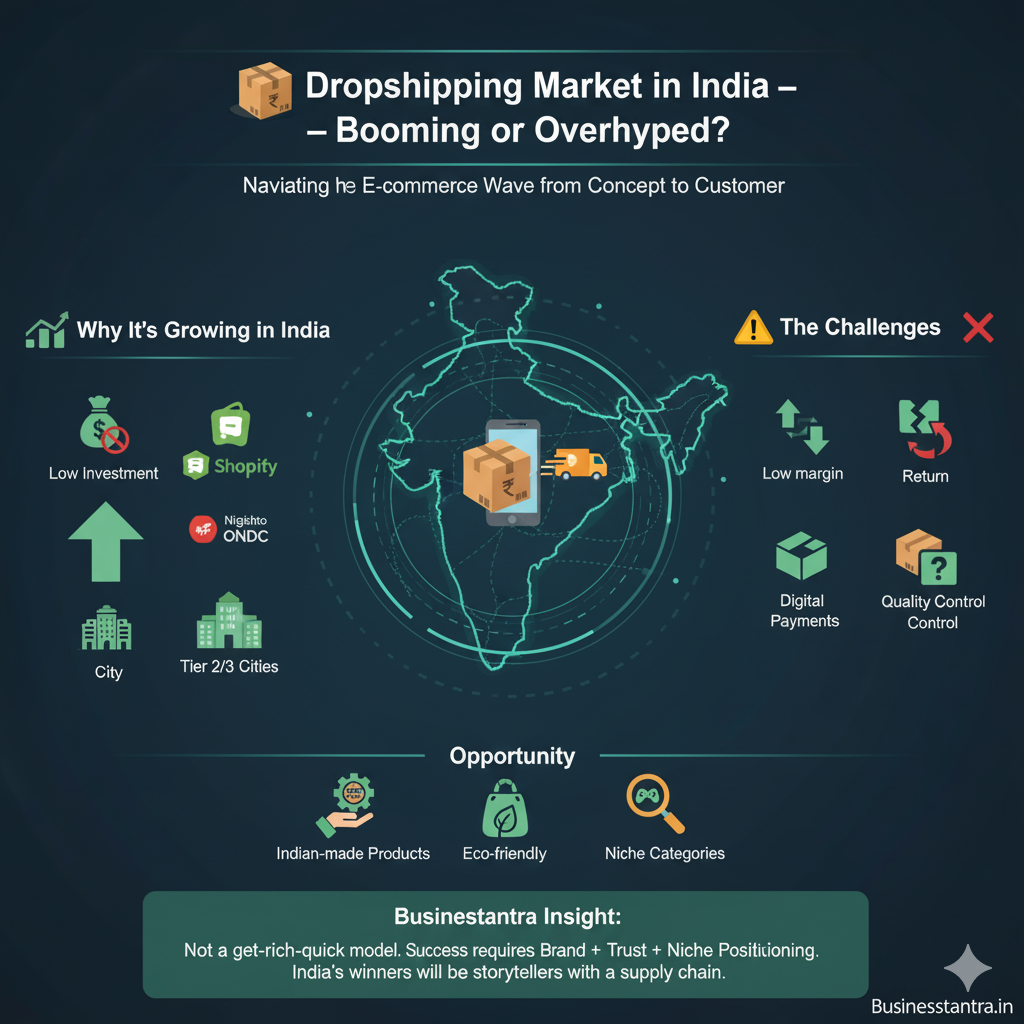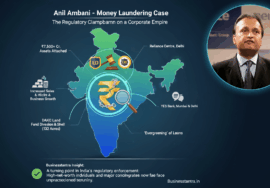India can be the next start-up nation
[ad_1]
Around the world, companies and governments are working to create an environment in which innovation can foster growth through start-ups. Platforms and apps are transforming both B2B and B2C. India too, has been a hotbed of activity for both local and global companies. While some platforms such as Zomato and Swiggy are transforming the traditional industries locally, other platforms such as Nykaa and MamaEarth are making their mark at a global level.
The Venture Capital (VC) ecosystem is an important stimulator of entrepreneurship and innovation, providing funding for early-stage ventures that may not be appropriate for the risk profiles of larger corporations. VC funding is designed to generate returns on these inherently risky investments through exit strategies that depend on a business developing over a few years’ time to the point where it is attractive to an acquirer or (more infrequently) capable of going public. These exits then enable new rounds of VC investment in other young firms and entrepreneurs.
VC money is increasingly global as investors seek returns, and India is no exception. One factor in choosing among options (Silicon Valley, Toronto, London, Tel Aviv, Bengaluru, Delhi, Mumbai, Singapore, Shanghai, etc.) is the regulatory environment. Given the inherent risks already present in VC ecosystem, the less hospitable the regulatory environment, the less money that will be invested relative to other regions. Rules and enforcement actions that treat almost any acquisition as a nascent competitor, rather than as a potential complementor or that punish companies for their success when consumers are better off and a platform or app creates value for its users, are likely to make investments and acquisitions more difficult and costlier, and so pose a serious risk of disincentivizing an important source of investment for entrepreneurs.
VC investment has local impact. This creates benefits for consumers within the same dynamic ecosystem, which, in turn, leads to societal benefits such as job creation, increased standard of living and overall economic growth because of spillover effects and because entrepreneurs are serial. This cycle of investment, development, exit, and reinvestment – a kind of a multiplier effect – can create a more dynamic and diverse marketplace that is the driver of even greater competition, innovation, and opportunity. When an entrepreneur’s company is acquired, there are at least three potential multiplier effects. First, the entrepreneur and the associated backing VC investors may use the returns realized in the acquisition to move on from that venture and fund additional ventures. The capital invested in and generated from the original venture thus continues to fund ideas and companies, generating further innovation in the space. Second, the entrepreneur’s company may have valuable employees, and the acquiring firm may leverage this talent as part of their own expansion. This practice, known as ‘acquihiring,’ has been increasing in popularity. Third, the acquisition may result in ‘spin-off’ firms. A spin-off firm refers to a venture carried out by a former employee of a large firm. Such an employee will leave a large, successful firm, and begin a new venture entirely separate from the parent company. The recent success of the TV show, Shark Tank India, where successful entrepreneurs invest in and mentor budding startups is an example that illustrates these multiplier effects.
Given India’s strong university system that fosters both domestic and foreign talent, India enjoys a favorable global position attracting VC investment. This is evident in the significant advantage India has over other Asian countries in terms of levels and recent growth in VC investment in various sectors. This favorable position could be threatened by regulation that punishes companies that compete effectively. This has particular impact in certain parts of India that are part of a second wave of entrepreneurship beyond just Bangalore and Hyderabad. For instance, recent reports suggest that some of the recent schemes like the production linked incentive scheme (PLI Scheme) is showing early promises, at least in some sectors, and illustrate how active policy making can make a difference to the industries to scale up to global standards. Now, when firms are able to take advantage of such schemes with all the multipliers that the modern technology brings, the fillip to the entrepreneurial mindset could be enormous.
For India to succeed in entrepreneurship and innovation requires a healthy relationship of both domestic regulation that encourages growth and that works in partnership with foreign VCs and tech companies. Indian consumers lose out without platform innovation, such as less participation of disadvantaged groups, and lower prices. Indians have been doing very well as the leaders of high profile global technology companies, including Arista, Alphabet (Google), Twitter, and Microsoft, among others. For India as a whole to grow, a robust system that rewards investment particularly in critical areas such as digital health, e-commerce, and supply chain is the need of the hour. While the recent surge in unicorns is a great thing, a lot is still required, especially as China closes itself off to tech competition.
Views are personal. Sokol is professor of law and business at the University of Southern California and Pingali is faculty member in the economics area at the Indian Institute of Management, Ahmedabad.
Also Read: PhonePe prepping for IPO; aims for $8-10 bn valuation: Report
Also Read: IPL Media Rights: Disney Star needs to push a hard case with advertisers
[ad_2]
Source link










